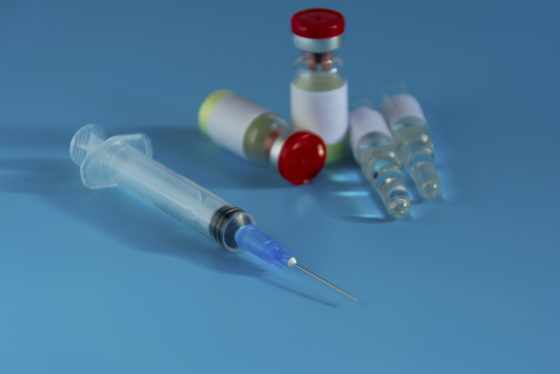Netherlands plans ‘world’s first’ scientific test of anti-malarial drugs against corona


The effectiveness of anti-malarial drugs against the coronavirus will be formally studied in hospitals across the Netherlands from next week, reports NU.nl.
Across the world, and including in the Netherlands, former anti-malarial drugs chloroquine and the related hydroxychloroquine have been used for patients suffering extreme symptoms from the coronavirus – even though it is not known precisely how they would work.
Andy Hoepelman, of UMC Utrecht, told NU.nl that a national study he is co-ordinating would try to investigate the precise impact of these drugs on the virus.
‘Chloroquine used to be used to combat malaria and hydroxychloroquine is regularly prescribed for rheumatism and the auto-immune disease SLE,’ he reportedly said, adding that small and unpublished Chinese studies had looked at their effects on corona.
‘The results seemed to vary and most studies had no control group at all. Without a control group, you can’t say whether treatment with chloroquine or hydroxychloroquine works better than standard hospital treatment.’
The Dutch study will look at the impact of the drugs on patients who have been admitted to hospital but are not in intensive care, comparing their effects with those on standard treatment.
Hoepelman reportedly said that this would be the first such study worldwide to see whether the drugs stop symptoms from worsening and patients from ending up in intensive care.
Because the drugs have previously been licensed for use, their side effects – such as impact on the heart – are already known and can be monitored, he added.
Last month, a pharmaceuticals company in Zeewolde that makes chloroquine was put under police guard.
Thank you for donating to DutchNews.nl.
We could not provide the Dutch News service, and keep it free of charge, without the generous support of our readers. Your donations allow us to report on issues you tell us matter, and provide you with a summary of the most important Dutch news each day.
Make a donation